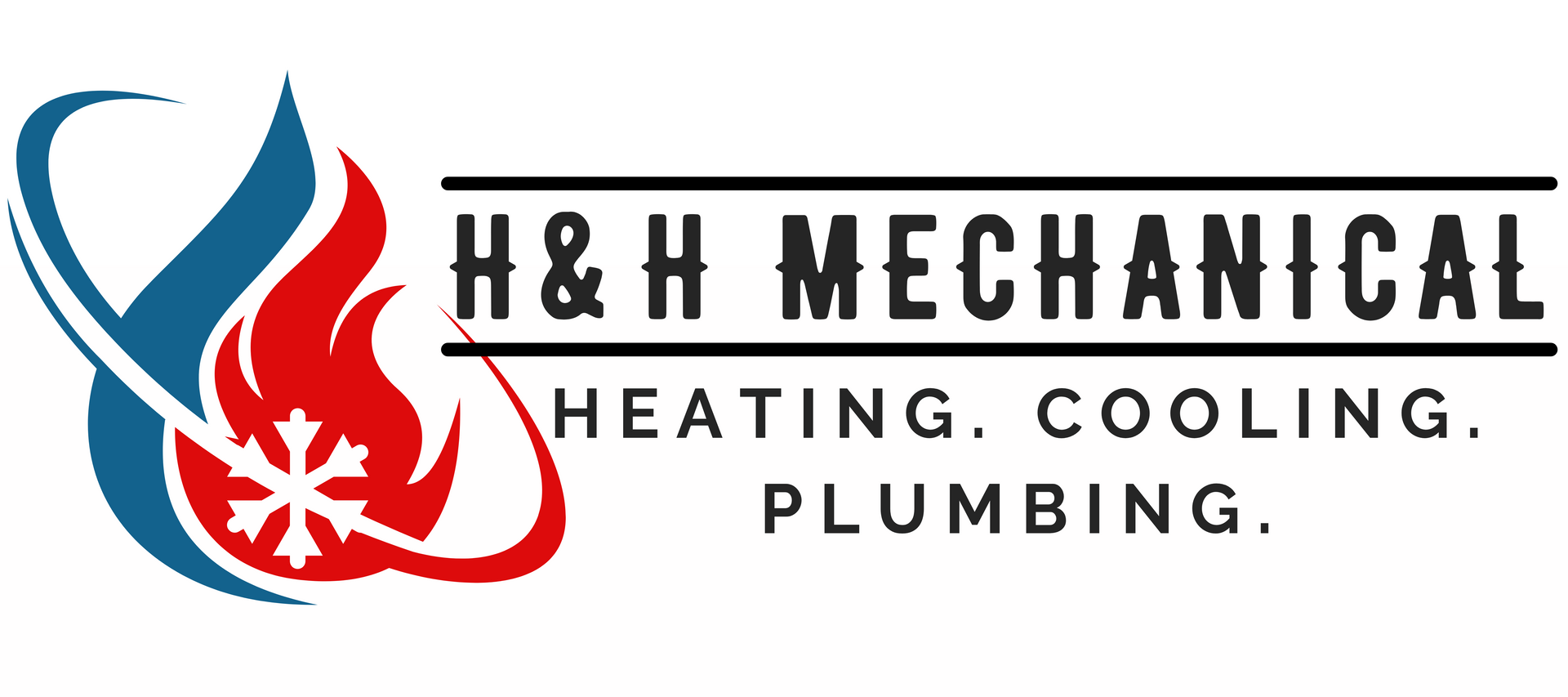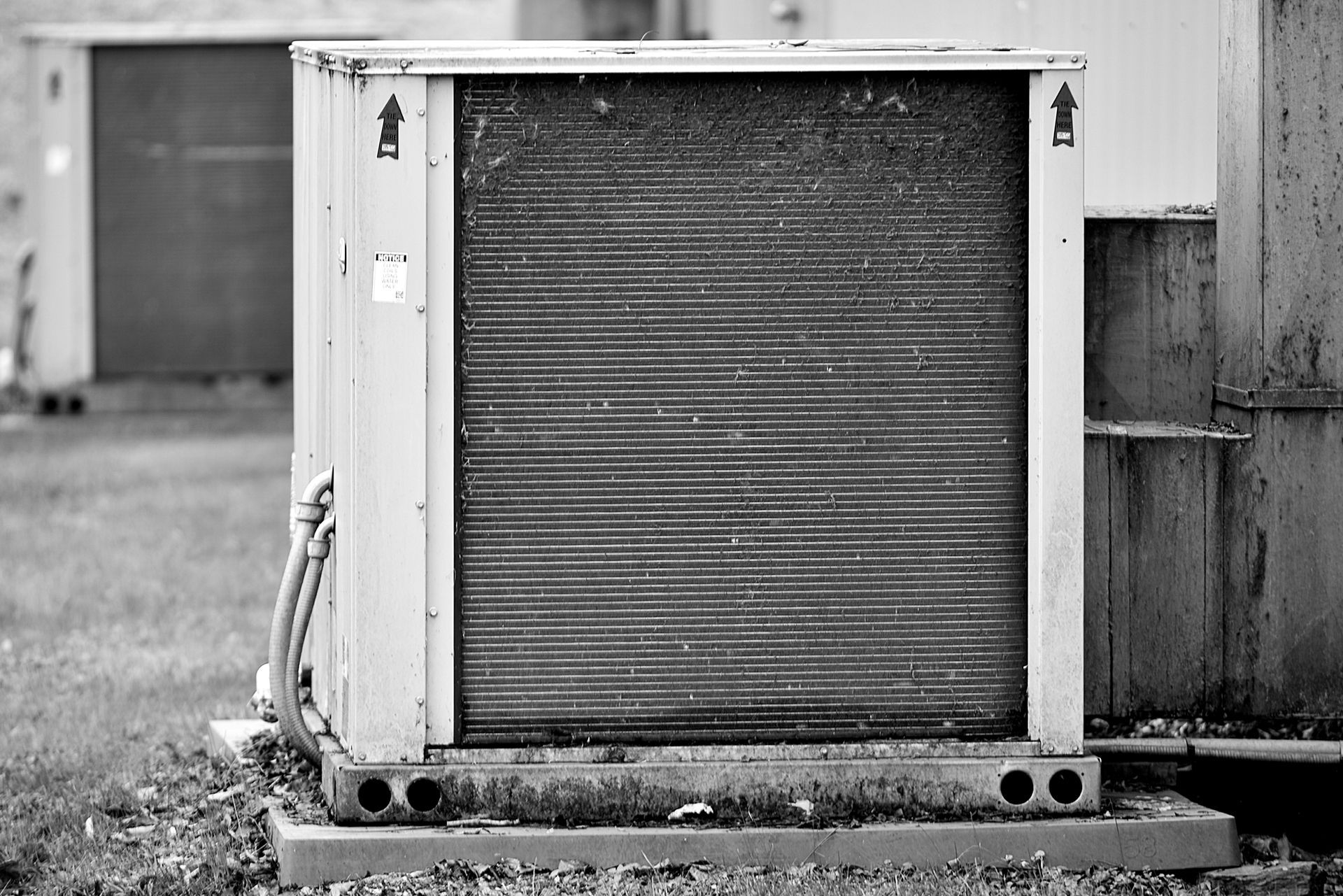8 Ways to Reduce Your Homes Humidity
Welcome to Georgia, if you don’t like the weather, wait a minute.
While Georgia weather seems wildly unpredictable and constantly changing; our hot, sticky summers are infamous. With average summer temperatures creeping into the 90s, going outside often feels like being the ant under a child’s magnifying glass. But complain about the heat around here, and everyone will be happy to remind you…it's not the heat—it's the humidity.
I want to be as comfortable in my home as I am in a freezer section of a grocery store on the hottest day of the year. Unfortunately, my home has other ideas.
Humidity in your home makes you feel bad and also threatens the surfaces, structure, and overall condition of your property. Some problems with excess humidity can be remedied with a few simple changes around the home, and some require more of an expert’s touch.
According to Energy Star, the ideal level of humidity inside your home should be between 30 and 50%. So how can you maintain this range in your home and reduce the humidity when it gets bad? Check out these helpful tips to keep your home humidity-free during the hottest days of summer.

1. Get a Dehumidifier
A dehumidifier is one of the most effective ways to lower humidity in your home. These work best when the area is sealed-off, including the windows and doors. Dehumidifiers can take moisture out of the air, but should be placed away from walls or objects for proper airflow.
2. Ventilate!
Ensure that the areas in your home that are prone to moisture, such as your kitchen, bathroom, or laundry room, have proper ventilation. Installing an exhaust fan in these areas and keeping them on while showering, cooking, or doing laundry is an easy way to reduce moisture in your home.
3. Use Fans
Circulating the air in your home with the help of a ceiling or box fan can help reduce evaporation. Remember to adjust the fan rotation seasonally.
4. Check for Leaking Pipes
Check the piping in your home on a bi-annual basis to make sure that they are working properly. Even the smallest pipe leak can cause a rise in moisture.
5. Adjust the Settings on your Air Conditioner
Some air conditioners come with a “dry” setting to assist in removing indoor moisture. You should also keep your AC fan settings set to “auto” instead of “on” so that your air conditioner is not constantly running.
6. Change the Air Filters
Improve the airflow and the efficiency of your unit by changing your air filters regularly. By improving the airflow of your unit, you will be reducing the opportunity for humidity in your home.
7. Take Shorter Showers
While taking a hot shower is a great way to relax and unwind, this tends to be a culprit for producing excessive steam and humidity. We recommend limiting the amount of time you spend in the shower and ensuring the bathroom fan is on.
8. Have Your Unit Maintained Regularly by an HVAC Expert
It’s tremendously important and beneficial to have your HVAC system checked by a professional at least twice a year. Our team of HVAC experts can make sure that your unit is dehumidifying the air as it should be. Contact us today to make an appointment.






